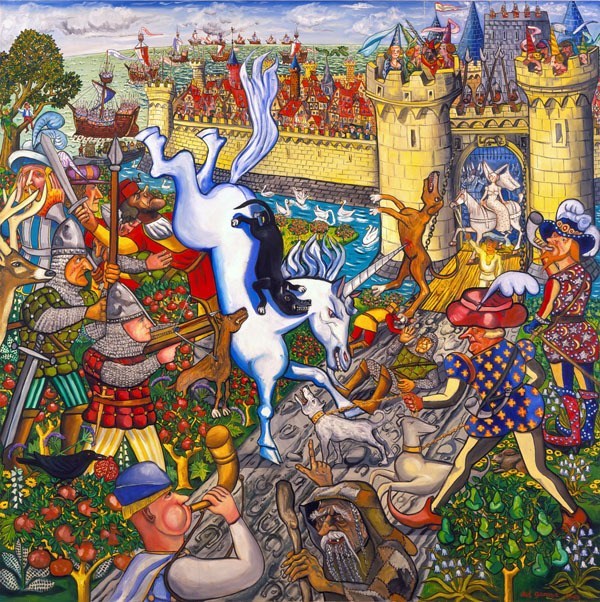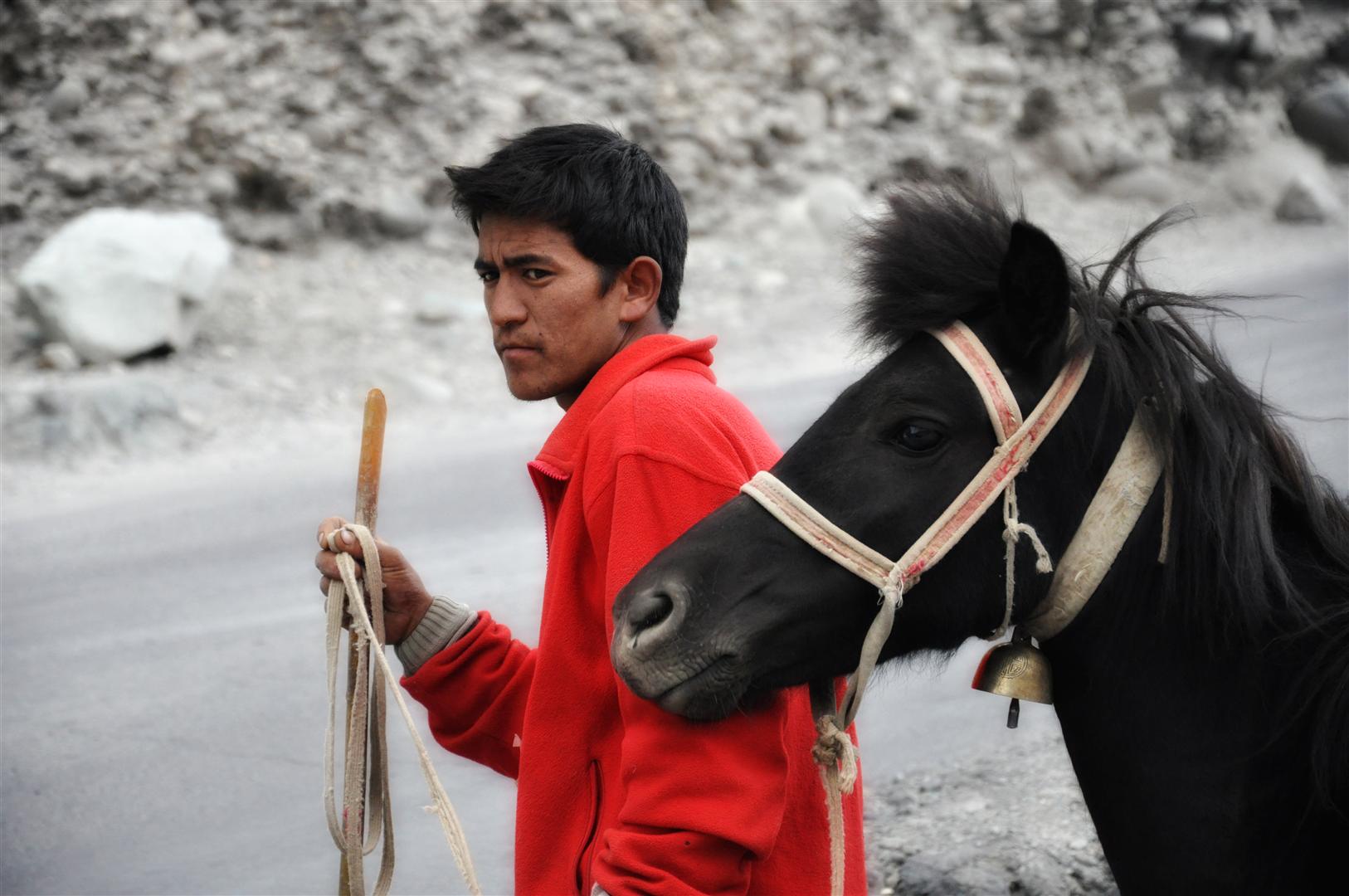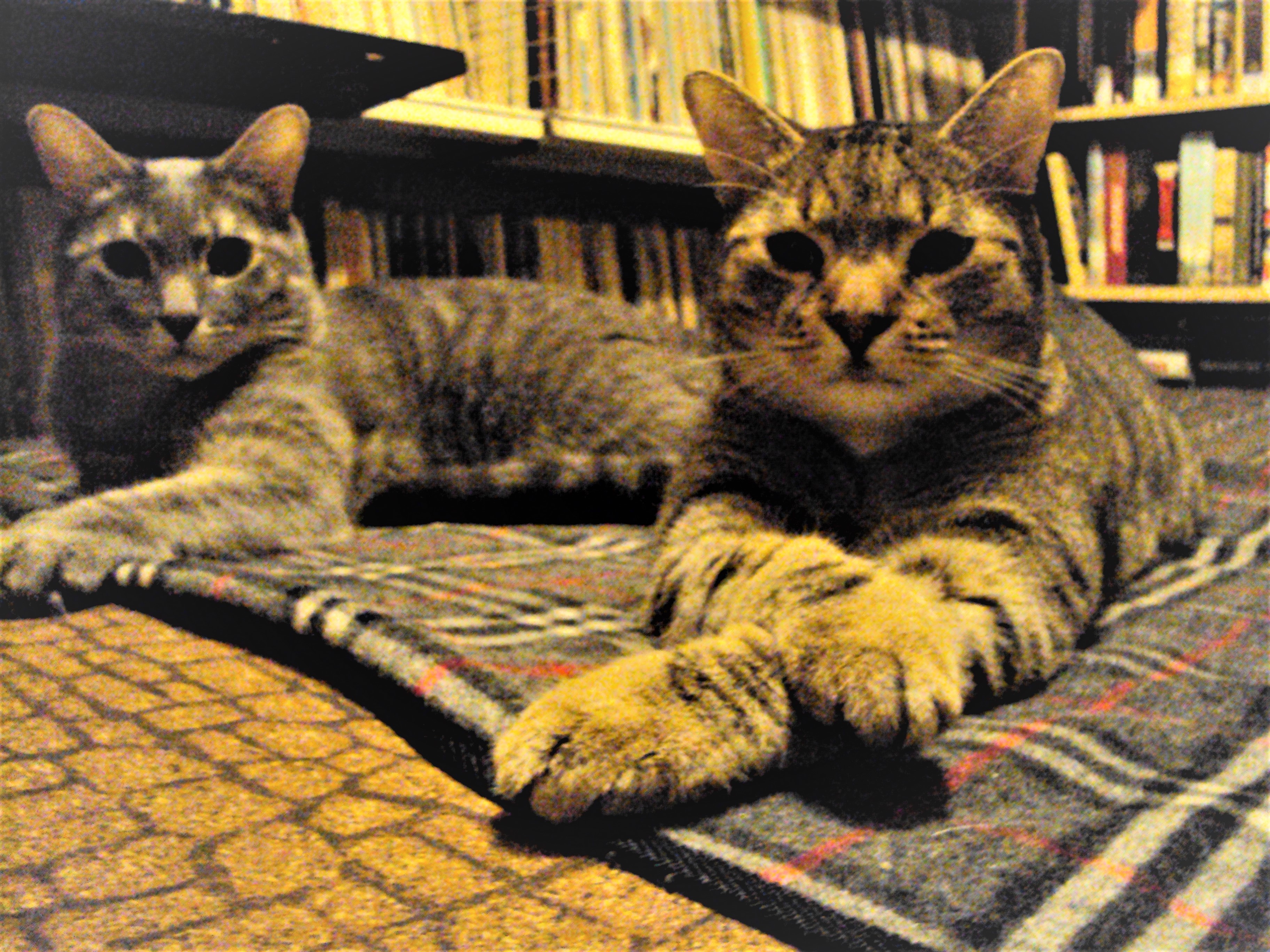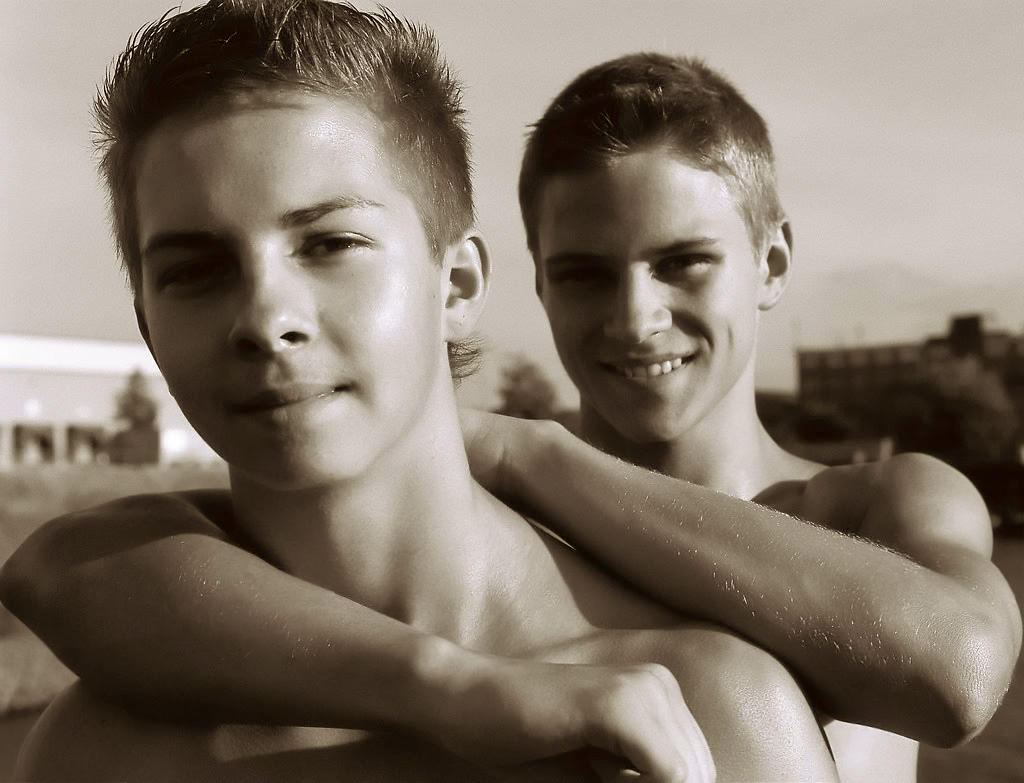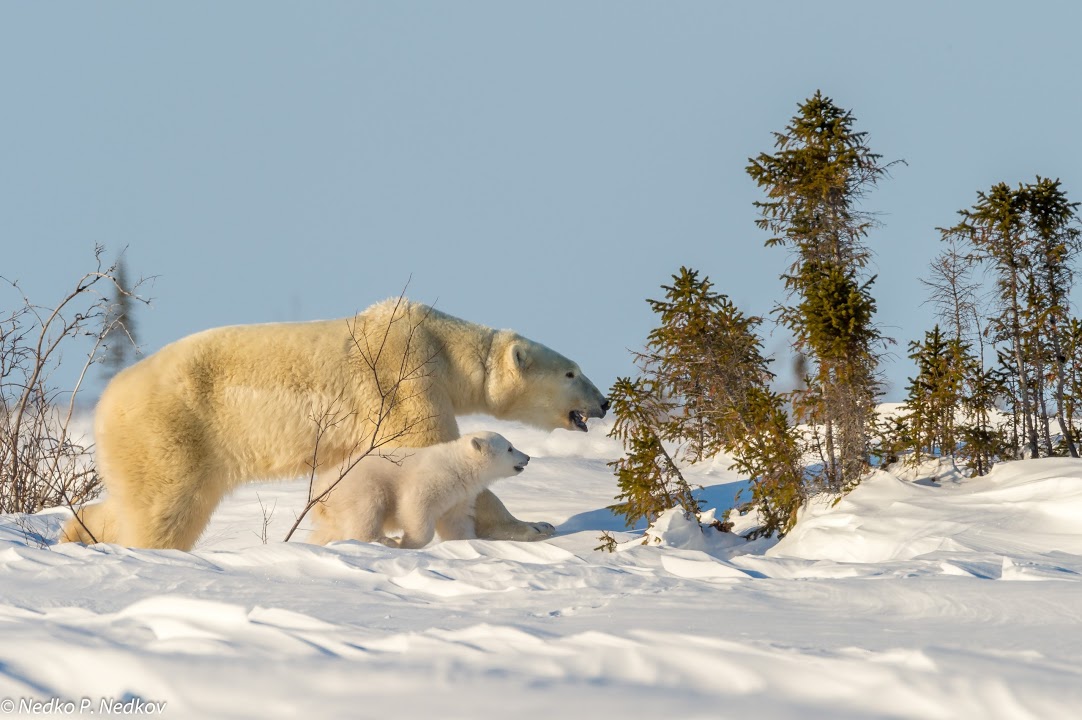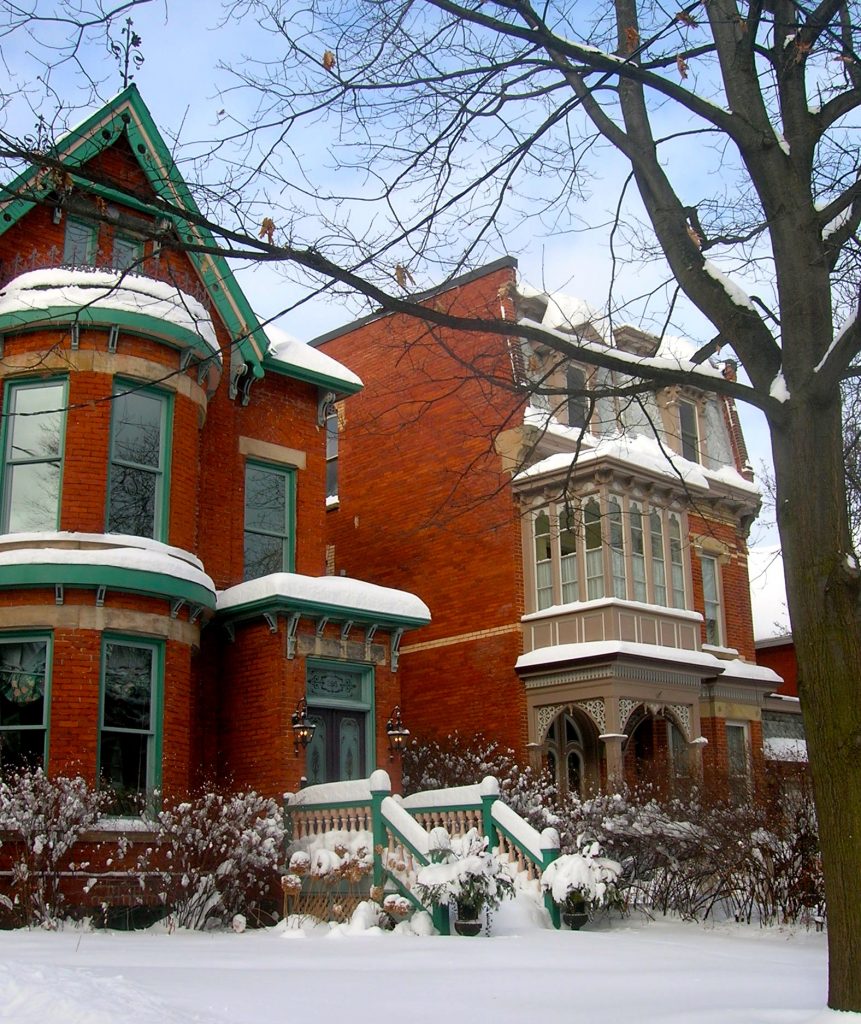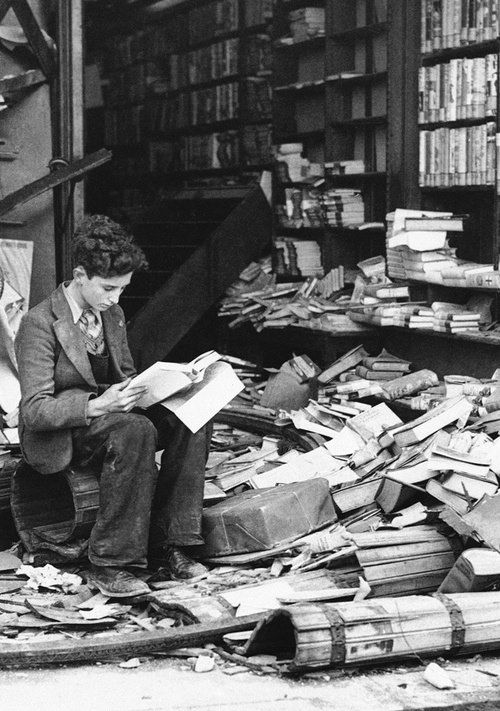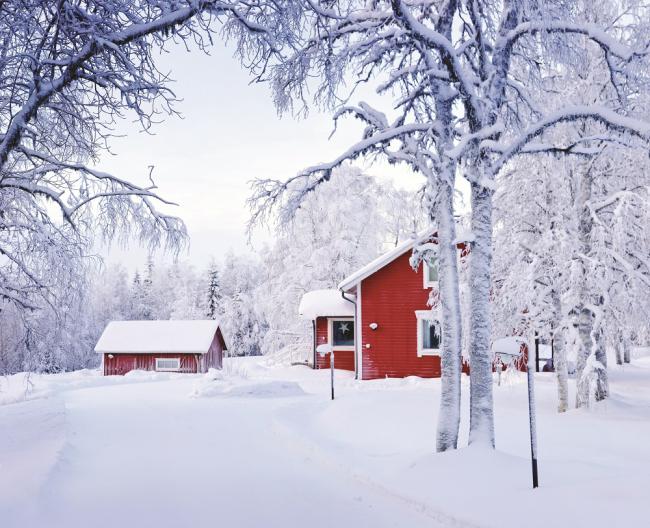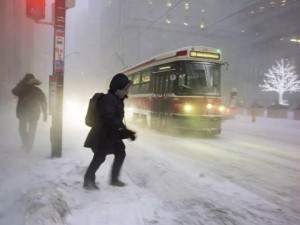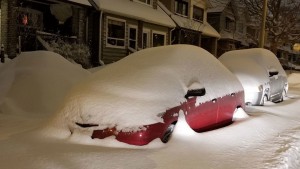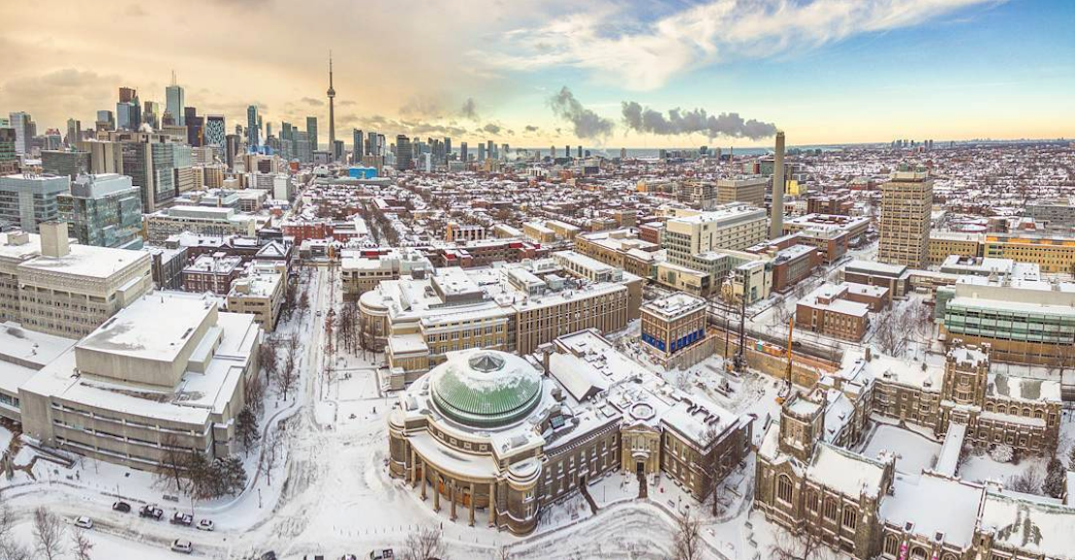Category Archives: A - BLOG - Page 10
Image of the month
Image of the Month
Image of the Month
Wednesday, January 30, 2019 — Toronto with Frosting
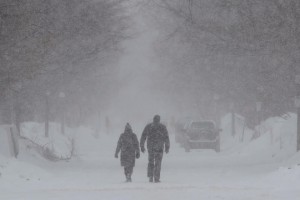 Attache ta tuque! Toronto doesn’t usually get much snow, compared to most of the rest of the country. Montrealers laugh at our lame, half-hearted winters. It’s position on the west end of Lake Ontario, with a ridge of highlands to its west, means that the prevailing westerlies usually drop most of their snow before they reach the city. The closest American city, Buffalo, positioned at the east end of Lake Erie, gets much more snow. But every now and then a snowstorm will be big enough to dump a hefty load on Toronto. The evening it hit was a bit grim for Torontonians, many of whom immigrated from warmer lands.
Attache ta tuque! Toronto doesn’t usually get much snow, compared to most of the rest of the country. Montrealers laugh at our lame, half-hearted winters. It’s position on the west end of Lake Ontario, with a ridge of highlands to its west, means that the prevailing westerlies usually drop most of their snow before they reach the city. The closest American city, Buffalo, positioned at the east end of Lake Erie, gets much more snow. But every now and then a snowstorm will be big enough to dump a hefty load on Toronto. The evening it hit was a bit grim for Torontonians, many of whom immigrated from warmer lands.
But look at the magic of the following sunny day:
Image of the Month
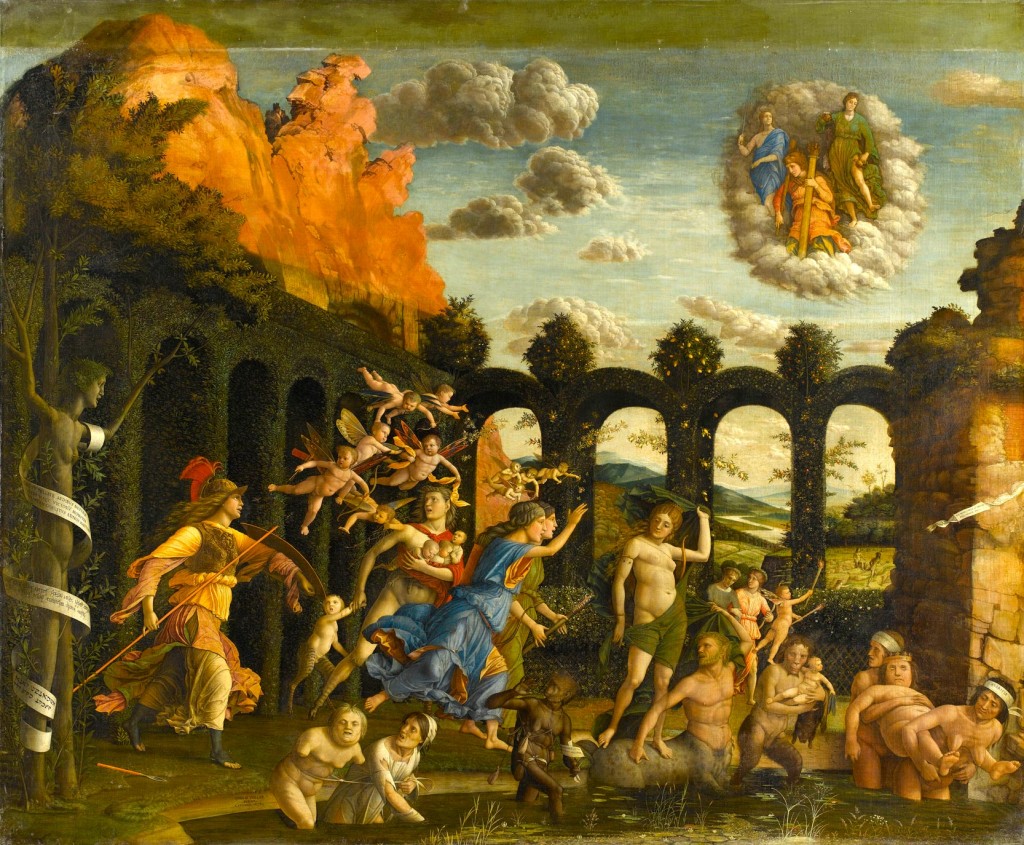 Triumph of the Virtues by Andrea Mantegna [also known as Pallas Expelling the Vices from the Garden of Virtue and as Minerva Expelling the Vices from the Garden of Virtue]
Triumph of the Virtues by Andrea Mantegna [also known as Pallas Expelling the Vices from the Garden of Virtue and as Minerva Expelling the Vices from the Garden of Virtue]
Tempera on canvas, 160 x 192 cm painted around 1500. Musée du Louvre, Paris
I had no title or artist for this painting at first. It attracted me because I couldn’t figure out, for the life of me, what the hell it was about. It took me hours to find the painter and title. I first found the Pallas version of the title. I could find no reference anywhere in Greek mythology to this particular incident, but it is clearly Pallas Athena, bearing all her symbolic paraphernalia, who is the main character. There are a plenitude of tales around Athena. However, the Minerva version of the title provides a hint: Minerva was the Roman goddess conventionally equated with Athena, and the story is probably a Roman one dating from much later. Mantegna would far more likely have culled the story from some Latin source. On the other hand, he may have simply made it up. The Renaissance played fast and loose with Classical sources, and doubtless this was painted to suit political rhetoric about “draining the swamp”. The painting literally represents a swamp enclosed in a ruined wall, with Athena driving out a horde of monsters that represent the “vices” in the conventional medieval fashion. The painting was commissioned to celebrate the coronation of Isabella d’Este as Marquise of Mantua. She was widely seen as the ideal ruler in her time, and has been revered by feminists ever since.
